Critical Essays Archive
Elena Ferrante & the Condition of a Woman’s Body
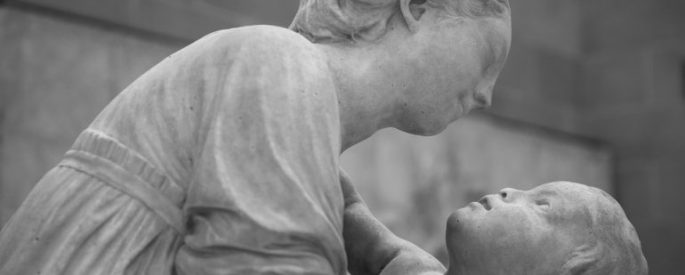
In corporeal and metaphysical terms, Ferrante’s girls and women are made porous and penetrable, pervious and vulnerable, in ways that raise questions regarding the contemporary status of a woman’s body, and the modes of resistance we might fashion in changing its position.
Living in Multiple Worlds: Immigration in Lucky Boy and The House of Broken Angels

When you immigrate, you bring an entire world along with you, a fifth limb impossible to detach, though internal and external forces demand its removal. Immigrants enter into a state of constant negotiation, deliberating what stays and what goes within their sociopolitical space.
Stories of Displacement
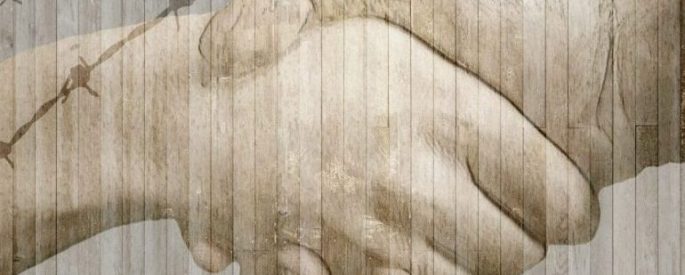
The stories in a new anthology edited by Viet Thanh Nguyen speak not only of estrangements from languages, loved ones, and countries of origin, but also of the pain of being in a new place that is not always accepting.
The Poet’s Manifesto: Three Ars Poeticas

If there is an equivalent of the artist’s statement in poetry, it’s the ars poetica. Latin for “the art of poetry,” the ars poetica shows up as early as Horace, in 19 BC, and most poets since, it seems, have written at least one.
Measuring the Unknown in Jesse Ball’s Census
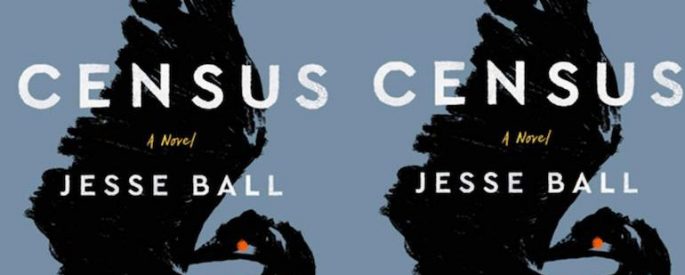
The nature of the census changes continually—it is at points a mechanism of state surveillance, a quest for self-knowledge, an act of community, a measure of goodness, an exchange, a gift.
Zadie Smith’s ‘The Lazy River’ and Social Media

Throughout "The Lazy River" Smith uses the second person and first person plural to create a
community on the page, not unlike the ones we flock to online. She establishes from the
beginning that we, as readers, will be a part of the narrative and complicit in the action
that ensues.
A History of National Poetry Month
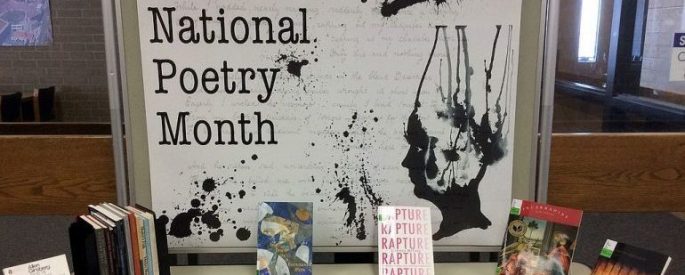
Since the inception of National Poetry Month in 1996, people around the world have spent every April celebrating poetry.
Writing Return: Birthplace and the Perils and Pleasures of Nostalgia

I’ve often resisted writing about the place I was born. To write about birthplace is to open one’s writing up to a number of potential pitfalls. We feel strongly about the places we come from, and often for uninteresting, arbitrary, or vaguely narcissistic reasons.
Underemployment and George Orwell’s The Road to Wigan Pier

Although employment has been on the rise for several years, jobs that are available are often low wage or part time. And people still are losing work altogether: factory worker unemployment has been an issue for decades—especially in the Great Lakes region.
Hillary Clinton, The Orator, and the Body
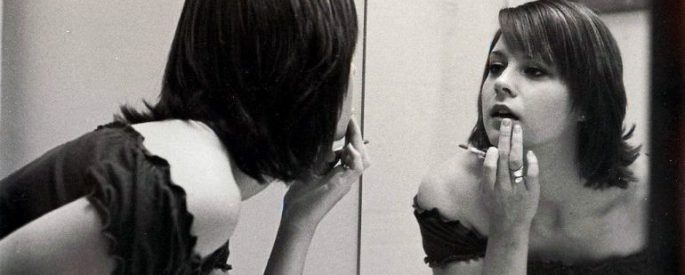
Magi Otsri's new book is an intoxicating exploration of women between the ages of twenty and fifty, the ways they see the world and build it with every choice they make, and the different ways in which they bleed.